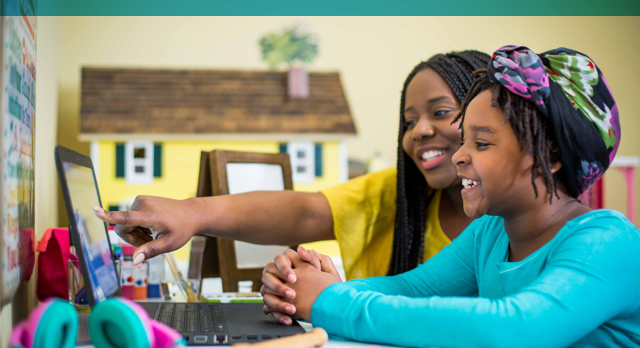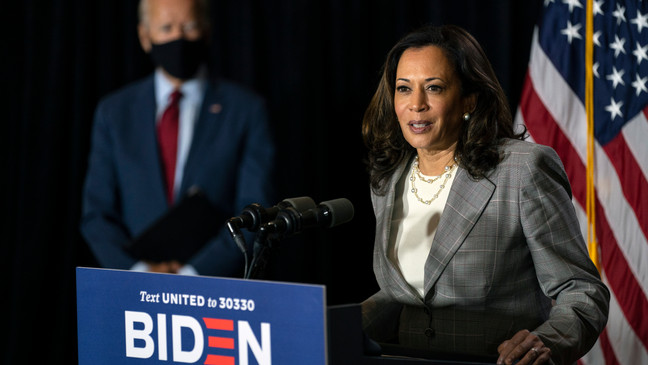
Whether you call it pandemic schooling, crisis homeschooling, virtual schooling or distance learning, more families are educating their children at home—either full or part-time—for the 2020-2021 school year. As parents who have never considered educating their children outside of a public, private or parochial school setting scramble to find resources and advice, Black families are looking for specialized resources.
According to the Center for Economic Policy and Research, while more white heads of households have found themselves unemployed, more Black heads of households have kept their jobs as essential workers. This leads to two issues when it comes to schooling at home—especially in public school districts that have gone entirely virtual. First, more Black families need to have a third party supervise children that are not old enough to be at home alone, or mature enough to stay on track for virtual school because they have to work. Secondly, the person in the home that is an essential worker is more likely to be exposed to the virus.
With the healthcare disparities and prevalence of underlying conditions that make COVID-19 more deadly in the black community, even if they are able to be at home during home-schooling hours, Black essential workers are more likely to have to be quarantined away from their children should they become ill.
Here are some resources and ideas that can help Black families not only survive, but thrive while homeschooling during the coronavirus pandemic:
Maximize the flexibility of traditional homeschooling. Traditional homeschooling allows you to set the days, times and classes that your child takes. If you have a babysitter or family member that cannot provide education, but can supervise your child during the hours that you work, you can educate your child on your schedule. Who says that school for your child must happen during the same school hours as a traditional school? Not a homeschooler.
Join a homeschooling co-op or pod. Some co-ops and pods allow for drop-offs on the days that you aren’t scheduled to be a teacher or facilitator. Check with your childs’ classmates’ parents from last school year and see what they have decided to do. Pods may come with a fee if they have a dedicated teacher, extracurricular activities or after-hours care. Co-ops often require the parents to give their time during the day to help out, so check with your employer to see if you can work that time into your schedule. Given that we are all dealing with a highly contagious disease, you may have to follow strict guidelines with co-ops and pods, including pitching in on cleaning supplies, and mask-wearing.
Add Black History and cultural education to the curriculum. Whether you have decided to work within your school of choice and have your child(ren) learn virtually, to homeschool, or you are opting for a pod or co-op, this is an opportunity to add Black history and cultural education classes that they may not have gotten in a traditional brick-and-mortar school setting. Something as simple as a daily video about cultural traditions within the African diaspora from YouTube, Black History Flashcards (https://amzn.to/3geg9NB**) at the end of a world history lesson or a Black History Bingo game after dinner, can a beneficial dimension to add to your child’s education during the pandemic.
**Note: This is an affiliate link. The author of this article may earn a commission when you make a purchase using this link.










